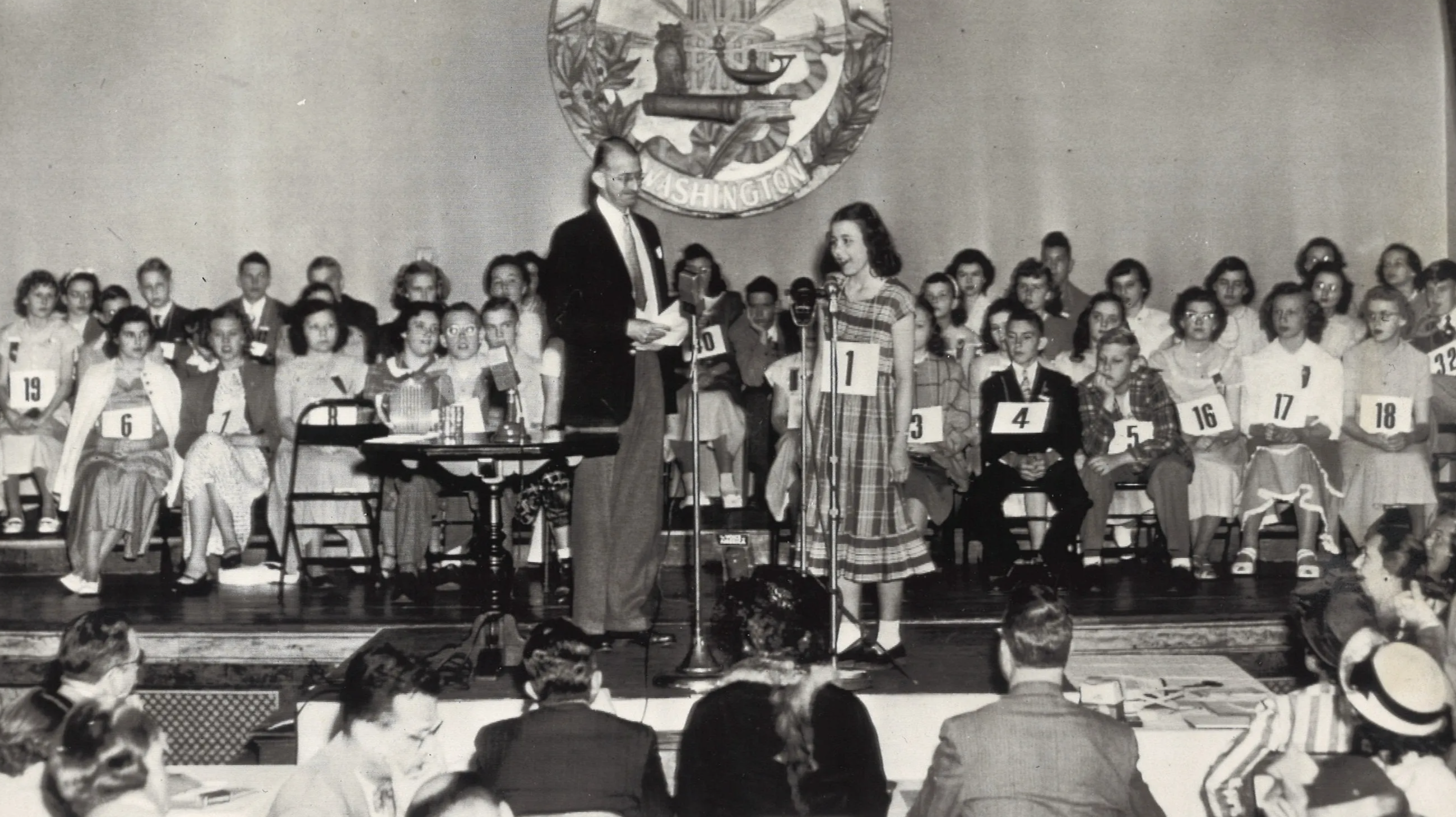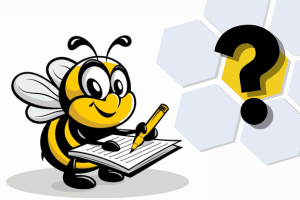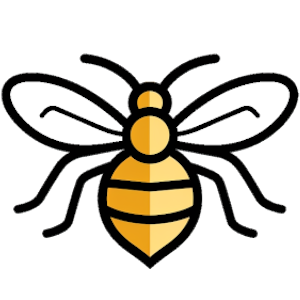5 Best Fun Facts About Spelling Bee
By Karol Górecki |
The National Spelling Bee has become a prominent televised event, showcasing the evolving challenges of language through both spelling and vocabulary competitions. The Bee has a rich history of inclusion and educational focus, demonstrating resilience and adaptation over time, even pausing during significant historical events. Through the decades, the Bee has expanded its reach and deepened its impact, reflecting the changing landscape of educational contests.

Zaila Avant-garde, 14, from Harvey, Louisiana, won the 2021 Scripps National Spelling Bee at Disney World on July 8.
1. First Televised Broadcast of the Bee in 1946
The national finals of the Spelling Bee were televised for the first time on NBC in 1946. Over the years, segments of the competition have also been shown on PBS and ABC. Since 1994, ESPN has taken a prominent role in covering the event, providing extensive live coverage of the spelling action throughout the competition.
2. More Than Just Spelling at the Spelling Bee
The introduction of vocabulary questions to the preliminary rounds in 2013 was met with some controversy, as critics argued that the Spelling Bee should focus exclusively on spelling abilities. Paige Kimble, the executive director of the Bee, supported the update, stating that it enhances the educational goals of the event.
Speaking to the Associated Press in 2013, she noted that championship-level spellers see spelling and vocabulary as complementary skills, and she believed they would relish the opportunity to showcase their vocabulary knowledge in a competitive format.
3. Jimmy McCarthy: A Trailblazer at the National Spelling Bee
In 1996, Jimmy McCarthy became the first participant with significant hearing impairment to compete in the National Spelling Bee.
Among 247 contestants, he achieved an impressive 48th place. Despite his hearing challenges, McCarthy managed to compete effectively.
He utilized an interpreter who mouthed the words without spelling them and a radio device that amplified the announcer’s voice slightly. The competition proved challenging, especially with abstract terms. For instance, the word "Dormition" was difficult to express because there is no equivalent in sign language, which has only about 40,000 signs compared to the half-million words in English.
His interpreter helped by mouthing the word and using signs for 'sleep' and 'death', allowing McCarthy to decipher and spell the word correctly. However, he was eliminated on the word 'ululant', after he mistakenly spelled 'undulant', highlighting the communication barriers he faced rather than a lack of spelling skill.
4. Originating from a Newspaper Initiative
The National Spelling Bee was first organized in 1925 by the Louisville Courier-Journal, a newspaper based in Kentucky. The event was designed to unify various local spelling competitions and spark interest in what was considered a mundane academic subject. The lure of cash prizes proved effective in achieving this goal. Ownership of the Spelling Bee did not transfer to the E.W. Scripps Company until 1941.

Diana Hull of Akron, Ohio, steps to the microphone to open the 22nd annual National Spelling Bee in 1949.
5. No Winners in 1943, 1944, or 1945
The Spelling Bee was suspended during the years of World War II, which is why there were no winners in 1943, 1944, or 1945.

